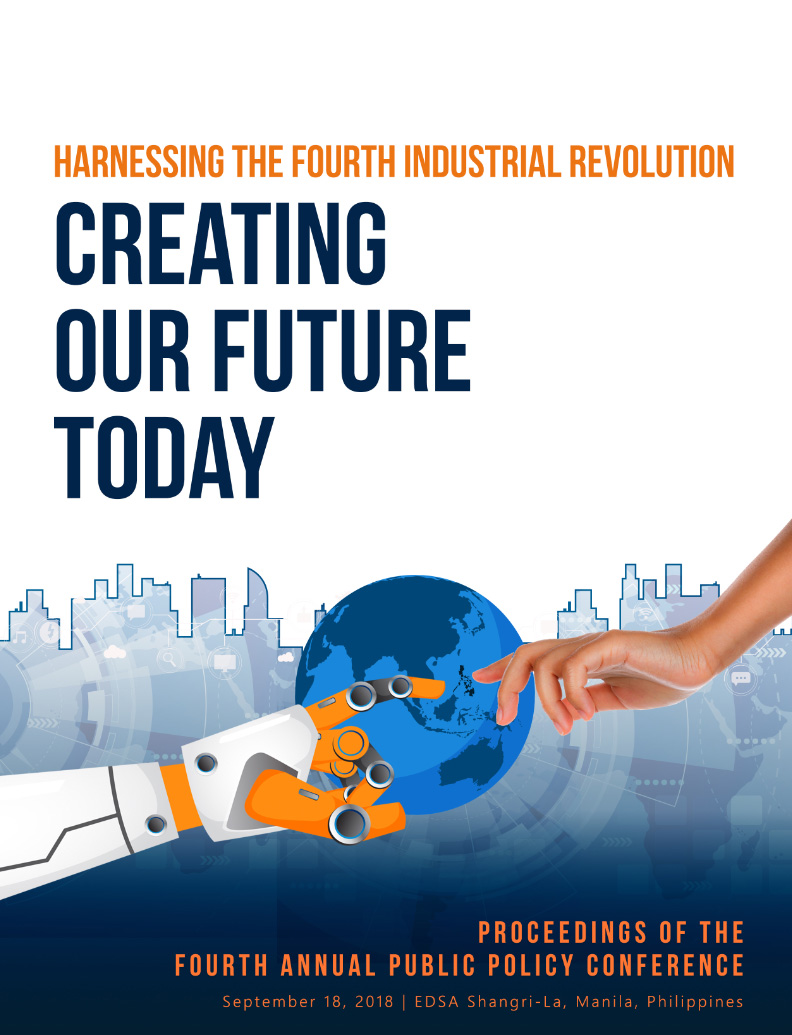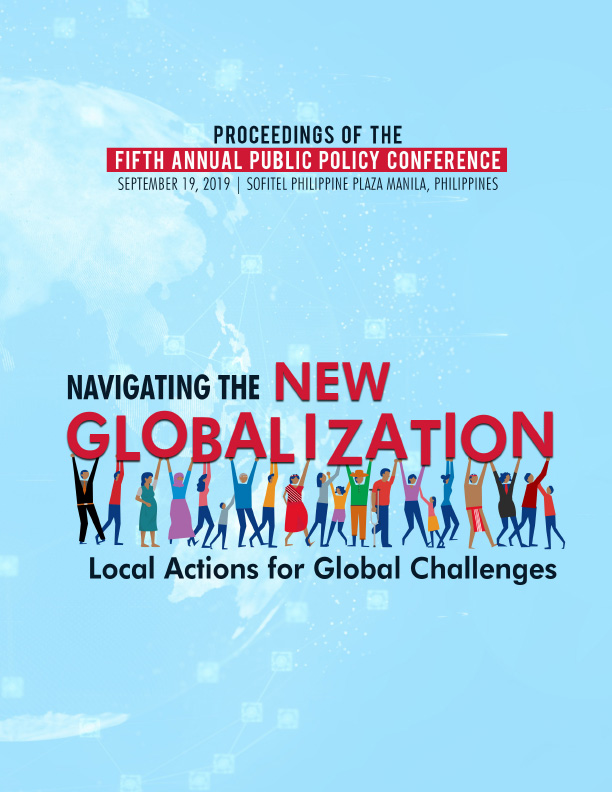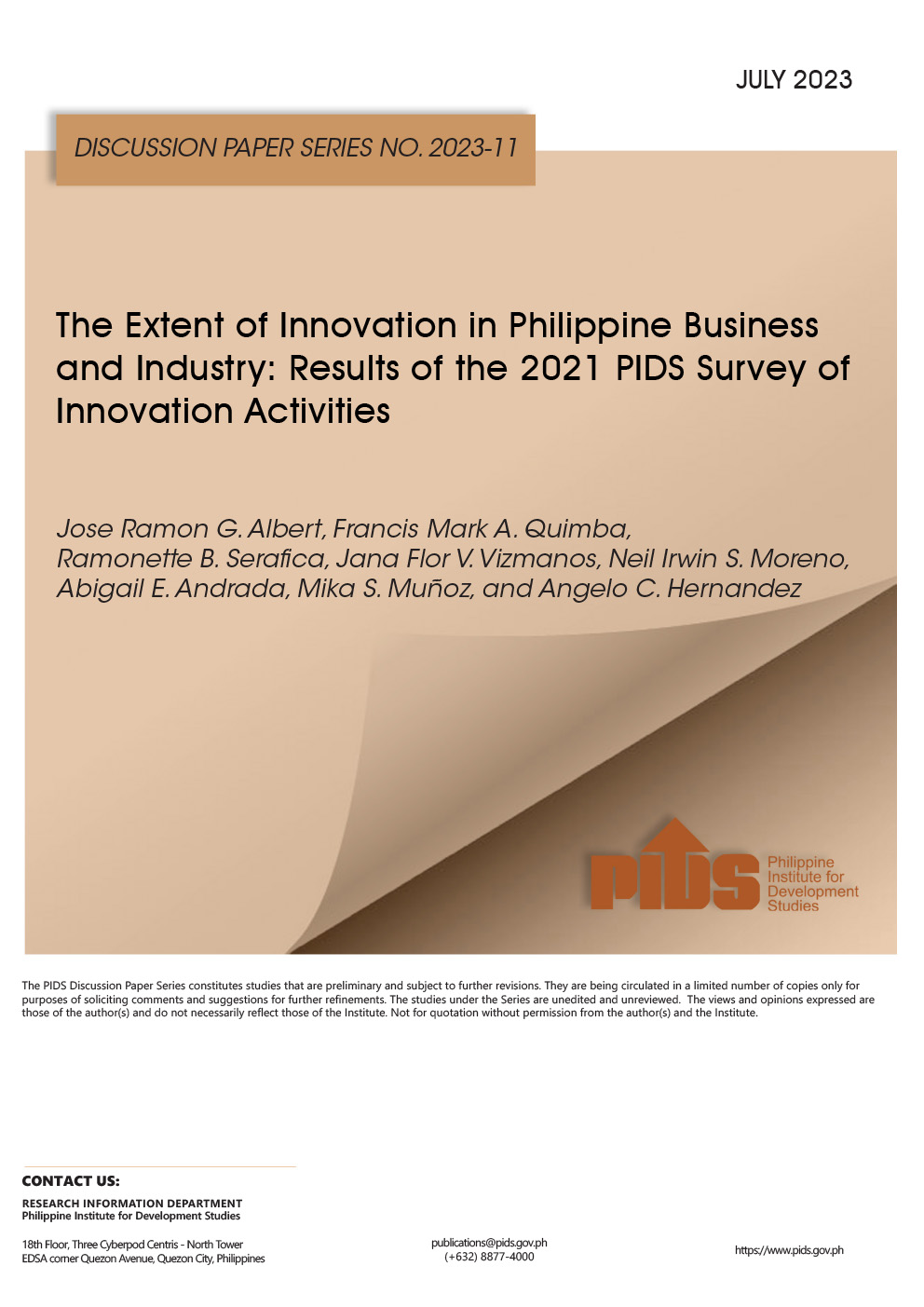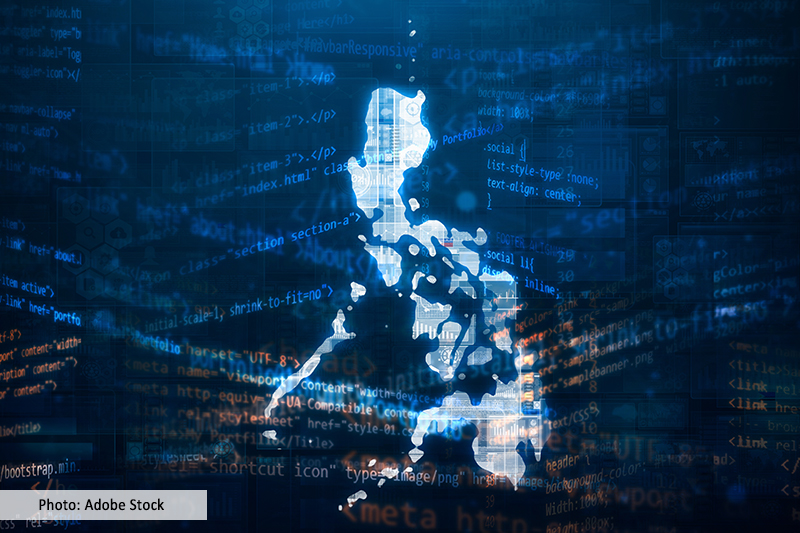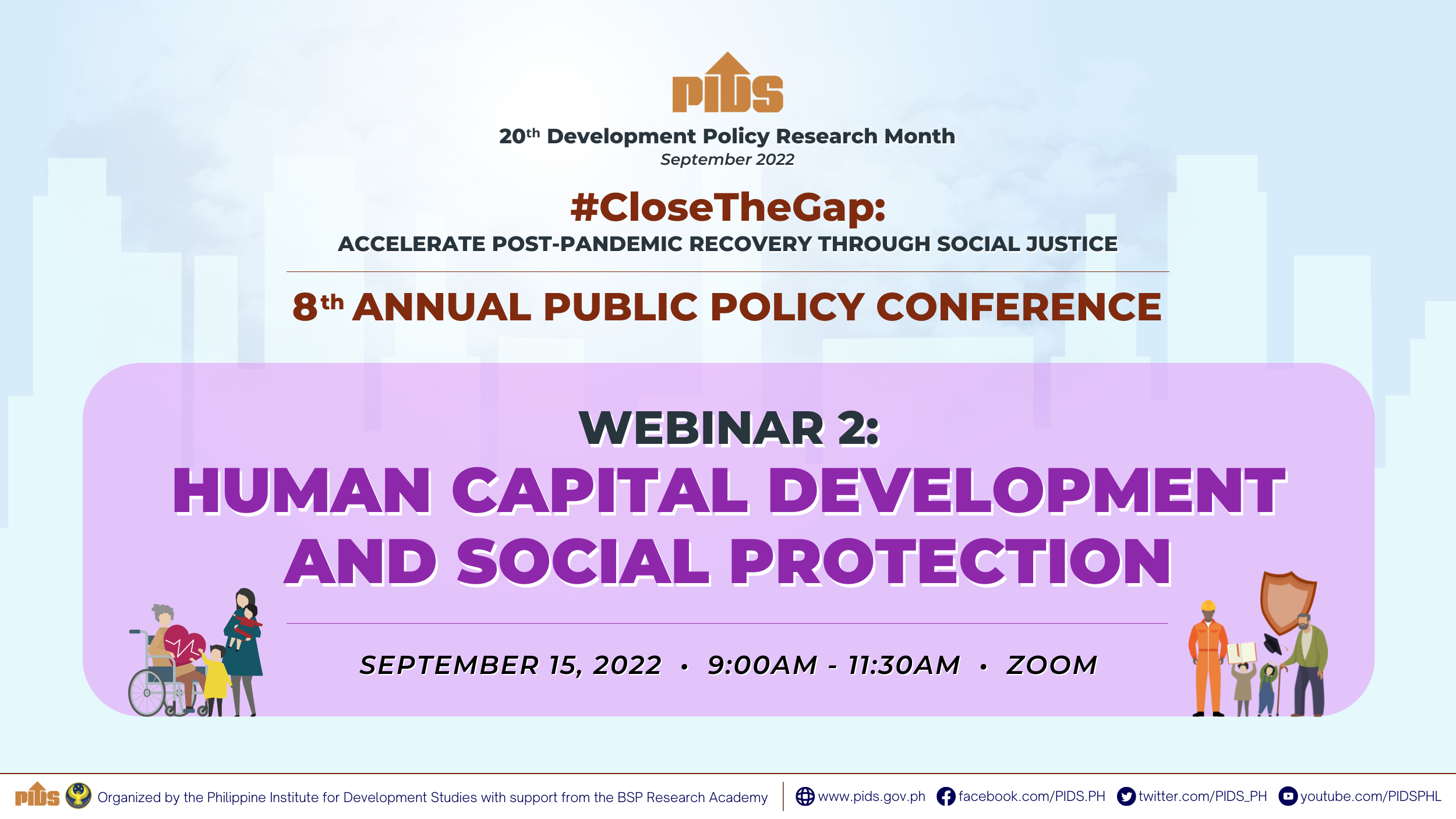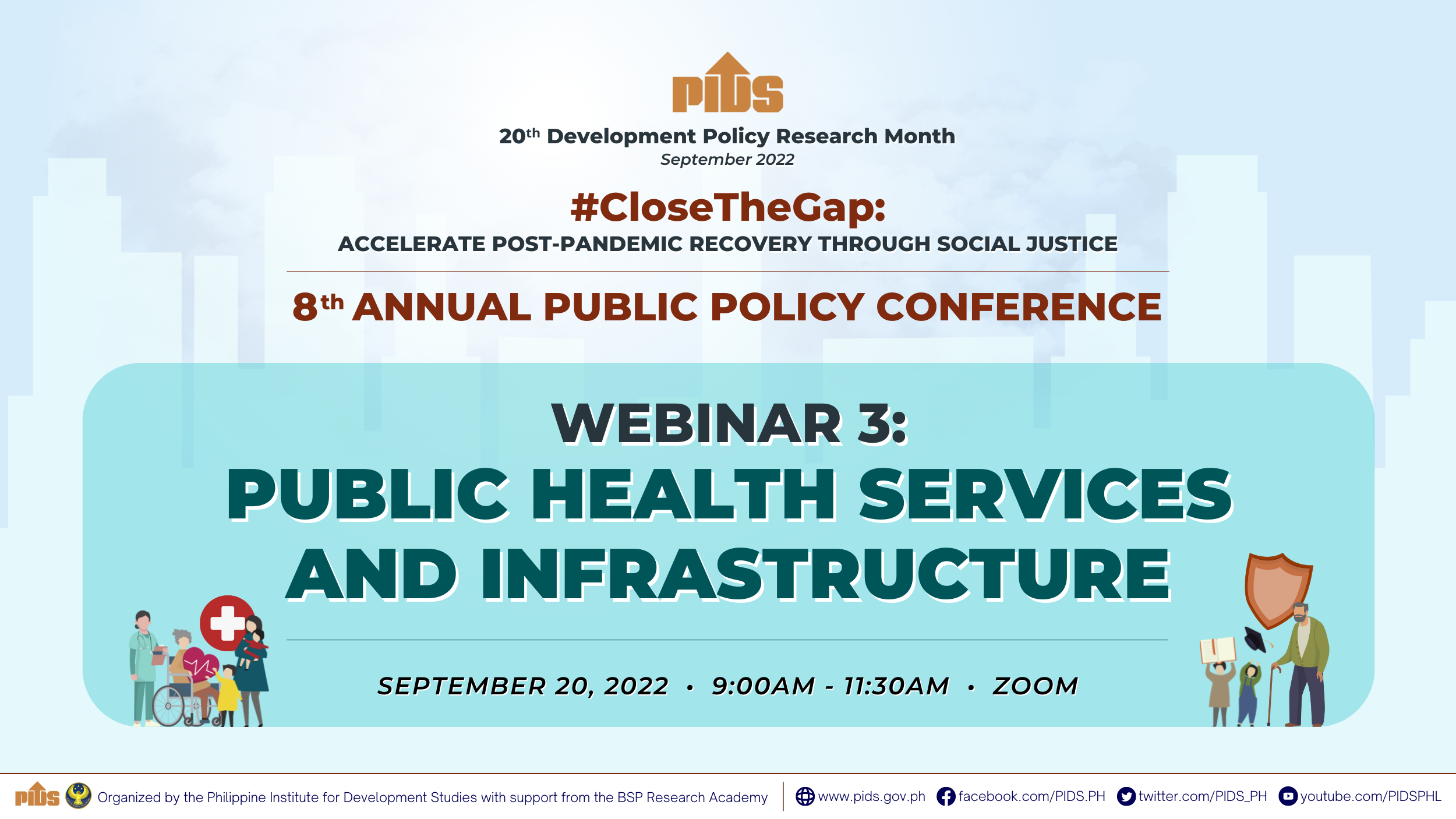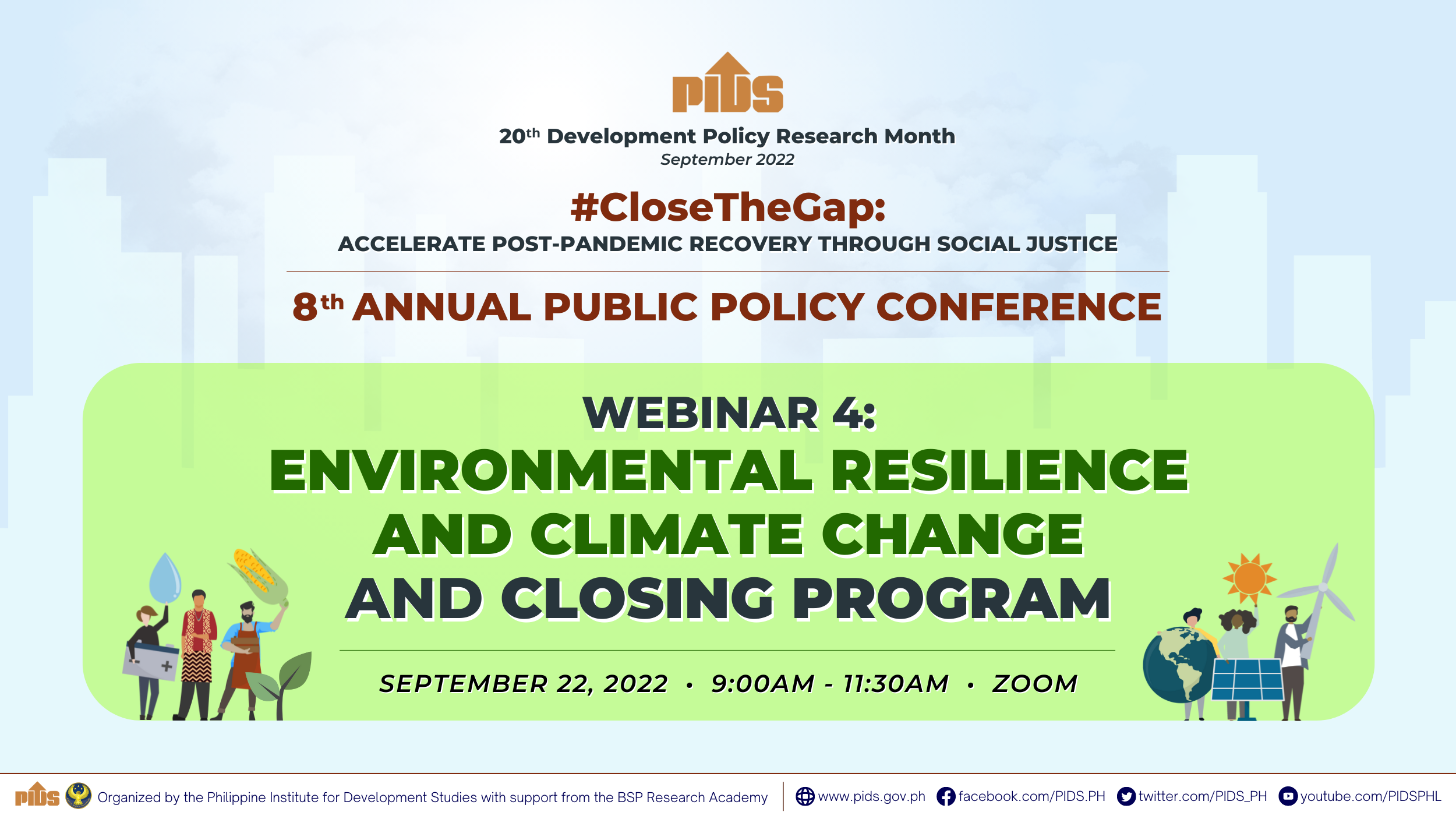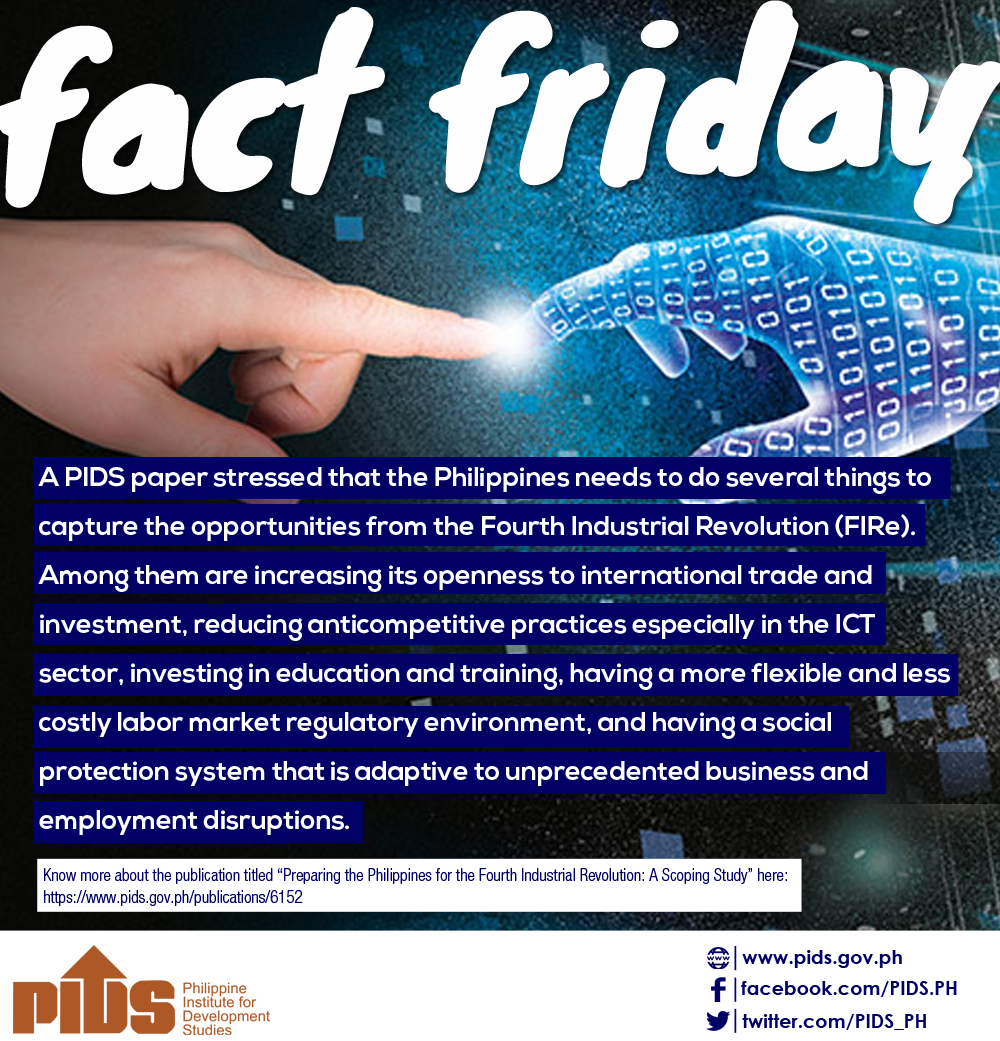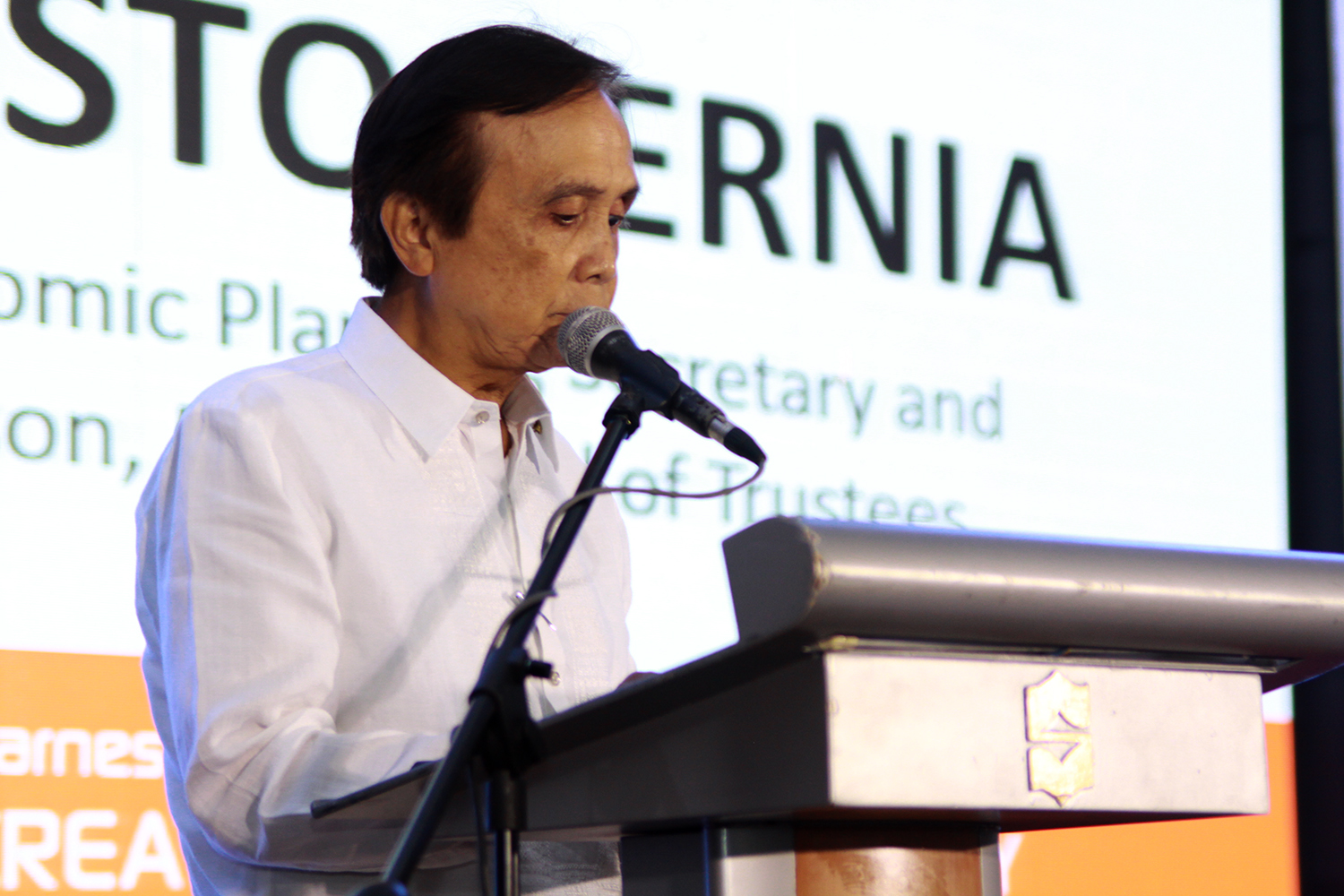
Socioeconomic Planning Secretary Ernesto Pernia highlighted the importance of redefining the role of government in the Fourth Industrial Revolution (FIRe) or Industry 4.0 era so that innovation activities are encouraged and not stifled.
In his keynote address at the Annual Public Conference (APPC) organized by state think tank Philippine Institute for Development Studies (PIDS), Pernia cautioned about the social disruptions that FIRe may bring, which in turn, could compromise the country’s economic growth.
Experts in the field defines FIRe or Industry 4.0 as something that fuses the physical, digital, and biological worlds, thus, transforming the way people live, work, and communicate. While there are opportunities that come with FIRe, there are challenges as well that governments around the world must deal with.
According to Pernia, it is the role of government to ensure that citizens are protected against cybercrimes, unintended job losses, greater inequality, and disillusionment as the nature of work changes with the FIRe.
Thus, Pernia pointed out the need to `future-proof’ the country’s economy against the complex challenges brought by “rapidly changing technologies, urbanization, climate change, protectionism, and conflict-driven extremism in some parts of the world as well as local and international political cacophony”.
He emphasized that the government is fully committed to maintain the economy’s growth momentum so that the Philippines can attain upper middle-income status by 2019 and reduce poverty incidence to 14 percent by 2022. “We must therefore not lose our momentum despite the onslaught of the rapidly changing environment—and unnecessary distractions to boot,” he noted.
Pernia, who also heads the National Economic Development Authority (NEDA), thus emphasized the need to harness the benefits of the science, technology, and innovation ecosystem to the economy and society as articulated in the Philippine Development Plan 2017-2022.
Specifically, he stressed the need to upgrade the country’s capabilities to produce and use technologies through capacity building and beefing up of research and development programs. With respect to dealing with disruptive technologies, the NEDA chief emphasized the importance of having sustainable roadmaps to minimize the risks that these technologies pose to present and future generations.
Meanwhile, in her opening statement at the APPC, PIDS President Celia Reyes urged Congress to look into the potential impacts that may arise from the FIRe and come up with sound policies to address the issues and opportunities that may come with it. She stressed the importance for policymakers to use existing research studies that will guide them in the formulation of these policies.
Citing a 2016 report on the Future of Jobs by the World Economic Forum, Reyes noted that the labor sector will be most affected by FIRe. It is estimated that about 7 million jobs will be lost due to automation. These are mostly “routine jobs” or those that involve pattern, require less creativity, and are repetitive. The International Labor Organization (ILO) also predicts that about half of jobs in five Southeast Asian countries such as Cambodia, Indonesia, Philippines, Thailand, and Viet Nam—or about 137 million workers—are a high risk of being affected by automation.
Nevertheless, Reyes explained that about 2 million new jobs, mostly focusing on technology, software development, and other “non-routine” or “non-codifiable” jobs will be created out of the FIRe and will be of high demand in the future.
“These emerging technologies open a multitude of opportunities. They are expected to boost economic productivity, enhance food security, improve environmental protection and agricultural production, as well as enhance public service delivery like healthcare, communication, and transportation,” she explained.
On the other hand, Reyes cautioned that along with these benefits are challenges that the country needs to prepare for, such as, but not limited to, employment and income uncertainties, social protection issues, digital divide, as well as regulatory and security concerns.
Nevertheless, Reyes expressed optimism that the Philippines will be able to adapt to technological shifts and innovations. “We just need to be open to changes and accepting to new learnings. Yes, it will have its downside, but we should see the FIRe as an opportunity and not as a stumbling block. This is the mindset that we need to have,” she advised.
The APPC, which has the theme “Harnessing the Fourth Industrial Revolution: Creating Our Future Today” for this year, serves as the highlight and culminating activity of the Development Policy Research month or DPRM, a national celebration led by PIDS and held every September to draw awareness on the importance of policy research in the formulation of evidence-based government policies, programs, and projects. ###

